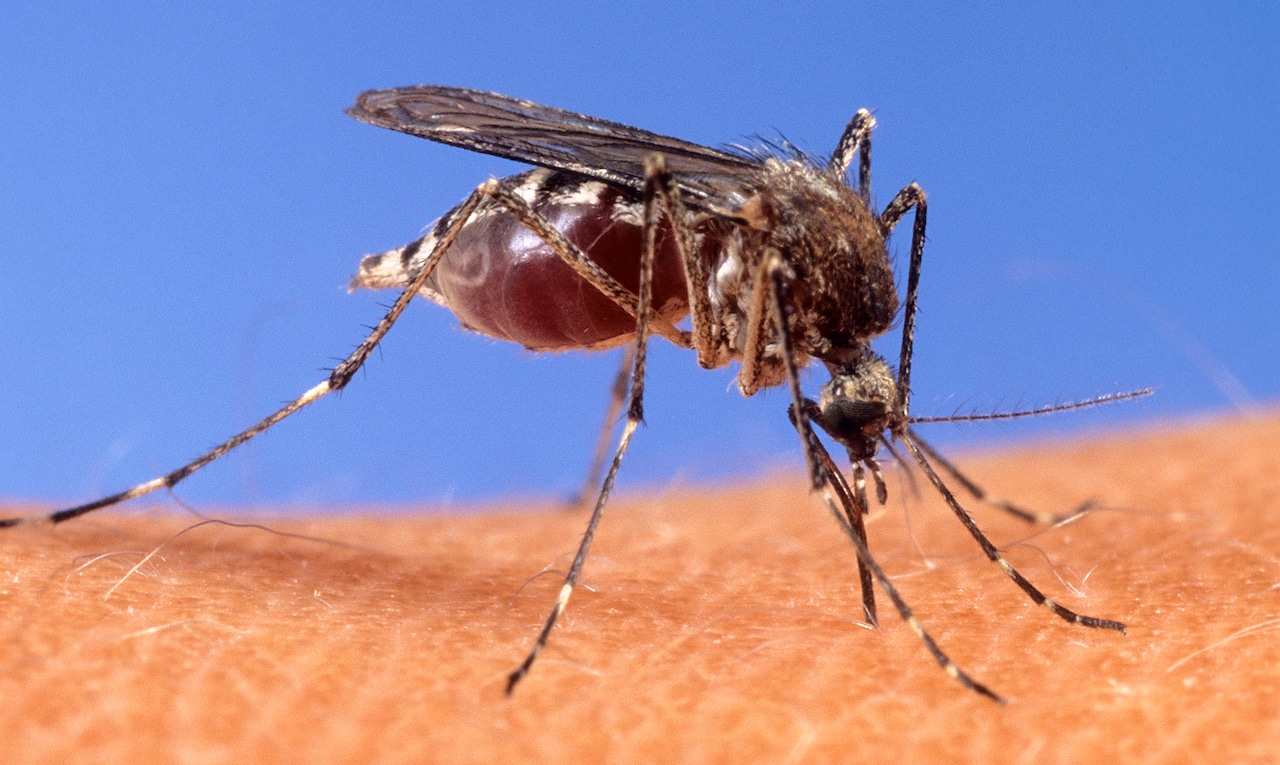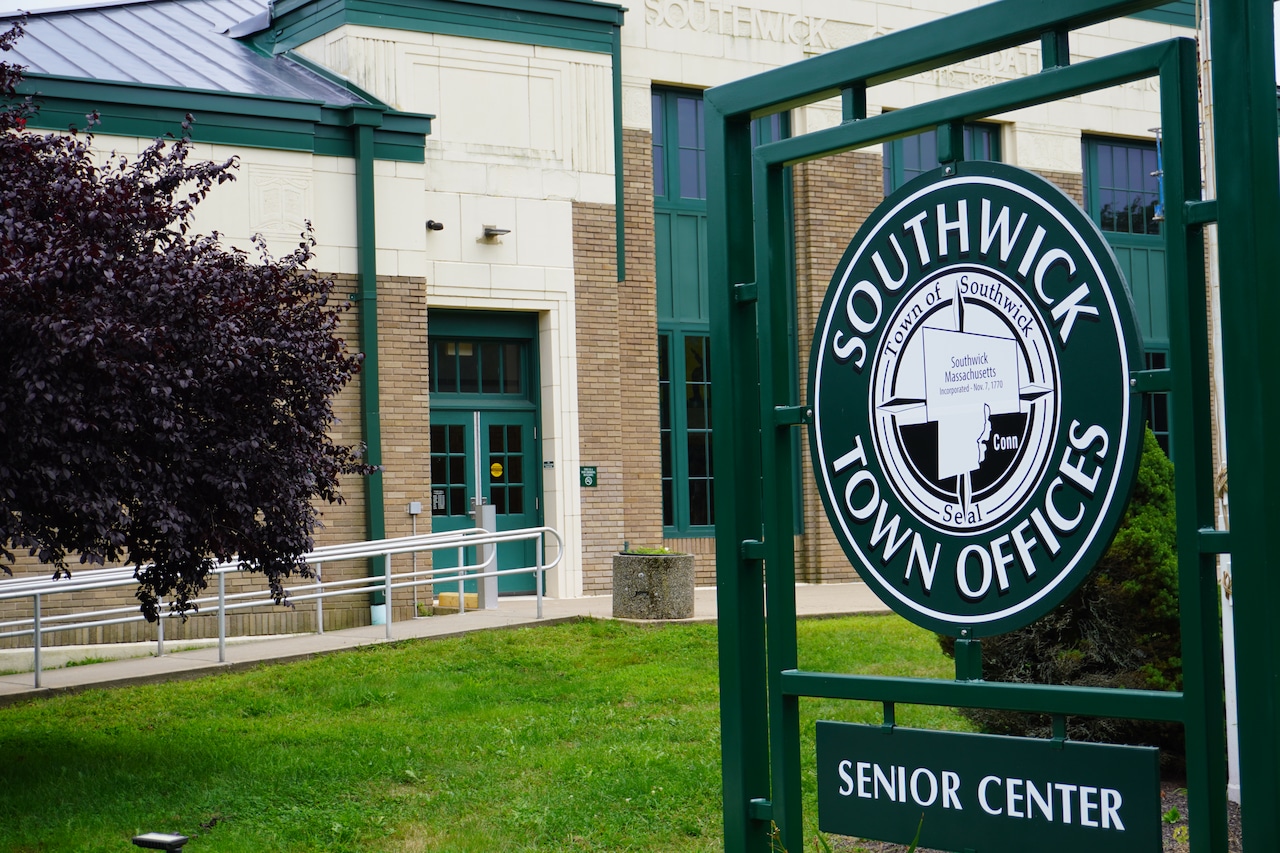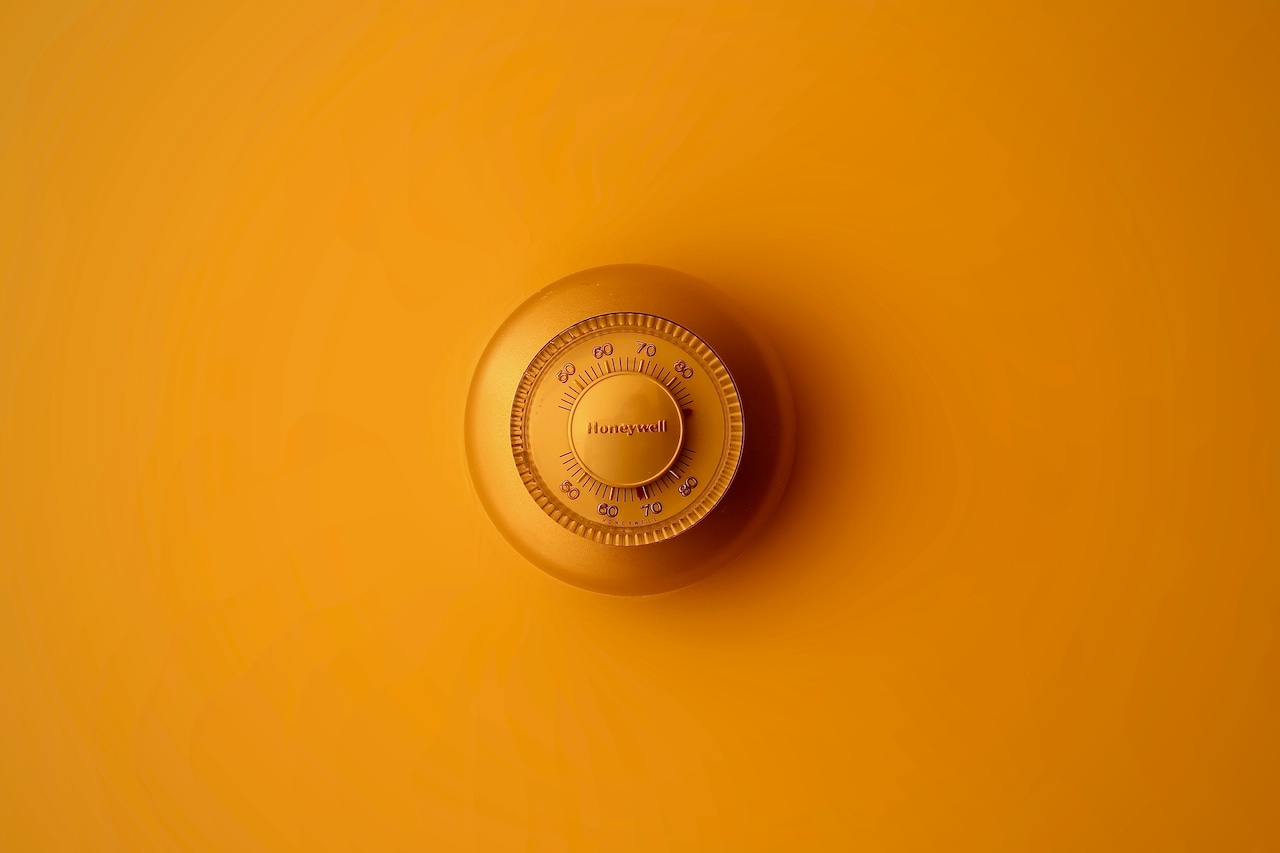
State health officials detected eastern equine encephalitis in a mosquito sample in Barnstable, Barnstable County officials and the Massachusetts Department of Public Health announced Friday.
The sample was collected in Barnstable on Tuesday, county and state officials said in a statement.
“The sample was collected from an area located in the north-west quadrant of the town of Barnstable,” Barnstable Health Division Director Thomas McKean said in a statement obtained by the Cape Cod Times.
Between 2000 and 2023, 43 people have been infected with EEE in Massachusetts, and 22 people have died, the statement read.
This is the second time that EEE has been found in Massachusetts in 2024, the department said in a statement on July 3 after mosquitoes tested positive in Carver on June 30. No human or animal cases of EEE have been detected yet this year, the department added.
The rare virus can be serious and potentially fatal, the department continued. In 2019, there were 12 human cases and six deaths in Massachusetts. This dropped the next year with five human cases and one death. Over the next three years, no human cases were reported.
“DEET products should not be used on infants under two months of age and should be used in concentrations of 30 percent or less on older children,” health officials said in the July 3 statement. “Oil of lemon eucalyptus should not be used on children under three years of age.”
The department also recommends avoiding being outside during peak mosquito hours, between dusk and dawn. Keep the insects outside by using screens on all windows and doors, and drain any standing water outside where mosquitoes can lay their eggs.
“Check rain gutters and drains,” health officials said. “Empty any unused flowerpots and wading pools and change the water in birdbaths frequently.”





